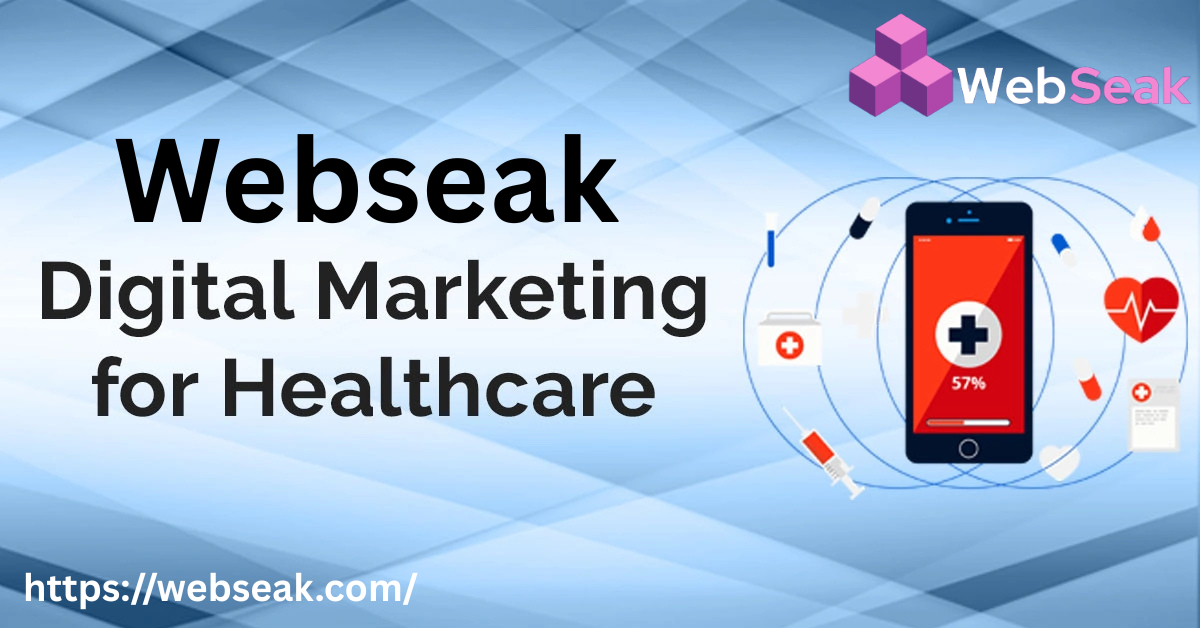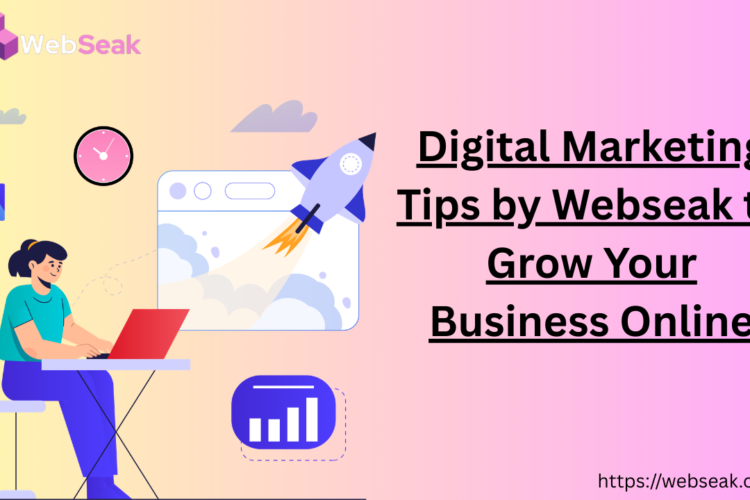
Introduction to Healthcare Digital Marketing
In today’s digital-first world, patients are more likely to search online before visiting a healthcare provider. Whether it’s searching for symptoms, doctors, hospitals, or services, digital marketing is now a key part of how the healthcare industry connects with patients. From SEO to social media, healthcare providers must adopt digital strategies to stay competitive, relevant, and helpful in a highly regulated and fast-evolving field.
Table of Contents
Why Digital Marketing Matters in Healthcare
1. Patient Behavior Has Shifted Online
Patients no longer rely solely on referrals. A Google search, online reviews, or even social media interactions now shape their decisions. Over 77% of patients begin their healthcare journey online.
2. Builds Trust and Credibility
Having a consistent digital presence builds trust. Through blogs, reviews, testimonials, and transparent communication, healthcare professionals can offer valuable insight and gain patient loyalty.
3. Enhances Patient Engagement
Healthcare digital marketing provides platforms for active engagement. Whether it’s sending out appointment reminders, publishing wellness tips on social media, or replying to queries via chatbots, communication has become more direct and accessible.
Key Digital Marketing Strategies for Healthcare Providers
1. Search Engine Optimization (SEO)
SEO helps healthcare providers rank higher in search results for relevant terms like “dentist near me” or “pediatrician in Pune.” A strong SEO strategy includes:
- Keyword-optimized content
- Mobile-friendly website design
- Fast-loading pages
- High-quality backlinks
- Local SEO targeting nearby patients
2. Pay-Per-Click Advertising (PPC) for healthcare digital marketing
PPC campaigns on Google or Bing allow clinics and hospitals to appear at the top of search results immediately. With targeted keywords and well-optimized landing pages, healthcare providers can generate high-quality leads efficiently.
3. Social Media Marketing for healthcare digital marketing
Platforms like Facebook, Instagram, LinkedIn, and YouTube are effective for patient education, brand awareness, and humanizing healthcare services. Examples include:
- Sharing patient testimonials
- Posting health tips
- Live Q&A sessions with doctors
- Behind-the-scenes videos from hospitals
4. Content Marketing
Healthcare content must be trustworthy, informative, and accessible. This includes:
- Blog articles on health topics
- E-books on wellness
- Newsletters
- FAQs about diseases and treatments
Valuable content builds authority and helps in organic SEO.
5. Email Marketing
Email remains one of the best tools for retaining patients. Healthcare providers can:
- Share seasonal health tips
- Send appointment reminders
- Notify about new services or physicians
- Conduct health surveys
6. Online Reputation Management
In healthcare, trust is paramount. Actively managing and responding to reviews on platforms like Google, Practo, JustDial, and Healthgrades helps to maintain a positive public image.
7. Video Marketing
Videos are a powerful way to explain complex medical procedures, introduce doctors, or provide virtual facility tours. YouTube and Instagram Reels can reach vast audiences with clear messaging.
Benefits of Digital Marketing in Healthcare
1. Better Patient Acquisition
Targeted digital campaigns ensure you reach the right audience—those actively searching for your services.
2. Improved Communication
Tools like WhatsApp marketing and chatbots enable seamless communication between patients and providers.
3. Enhanced Brand Visibility
Consistent and strategic digital presence boosts brand recall and positions your practice as a trusted name in healthcare.
4. Cost-Effective Marketing
Compared to traditional advertising (TV, newspapers, radio), digital marketing is more cost-efficient and measurable.
5. Measurable Results and Analytics
Digital tools allow healthcare marketers to measure every action—clicks, leads, impressions, and conversions—giving them the power to optimize for better ROI.
Challenges in Healthcare Digital Marketing
1. Privacy Regulations
Healthcare marketing must comply with data privacy laws like HIPAA (in the US) and GDPR (in Europe), and similar patient confidentiality rules in India.
2. Sensitive Subject Matter
Messaging must be empathetic, non-intrusive, and medically accurate. Unlike consumer products, healthcare campaigns need to be reviewed for tone, accuracy, and ethics.
3. Competition from Aggregators
Platforms like Practo or Lybrate dominate search results. Local clinics and hospitals must strategize smartly to compete.
How Webseak Helps Healthcare Brands Grow
As a leading digital marketing agency, Webseak specializes in customized solutions for the healthcare industry. Here’s how we help:
- In-depth keyword and competitor research
- SEO-friendly web design
- High-conversion landing pages
- Local SEO for clinics and hospitals
- Google Ads campaigns for appointment bookings
- Monthly performance reports
Our team ensures your brand grows within legal guidelines while delivering real patient results.
Future of Digital Marketing in Healthcare
Artificial intelligence (AI), virtual consultations, telemedicine marketing, wearable health data integration, and voice search optimization are shaping the future of healthcare digital marketing. Providers who adopt early will lead the industry.
Conclusion
Healthcare digital marketing is no longer optional. Patients are digital-first, and healthcare brands need to meet them where they are—online. Whether you’re a solo practitioner, a multispecialty clinic, or a hospital chain, a strategic digital marketing approach can enhance your patient base, boost engagement, and build long-term trust.
Partner with Webseak today to future-proof your healthcare business with results-driven digital strategies.


